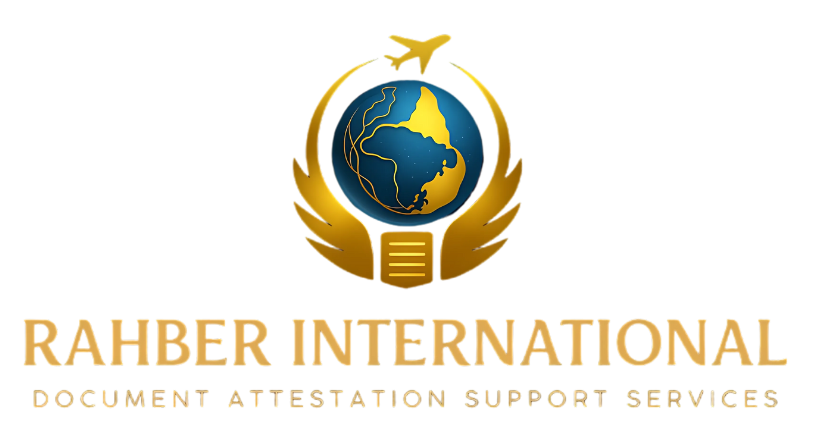In today’s fast-paced regulatory environment, professionals need a solid framework to stay updated and competent. That’s where NIREC comes in. But what exactly is NIREC, and why has it become a benchmark in the regulatory world? Let’s dive in.
What is NIREC?
Overview and Mission
The National Institute for Regulatory Excellence Certification (NIREC) is a premier organization dedicated to enhancing regulatory knowledge and promoting professional standards. Its mission is to provide individuals with the tools, knowledge, and recognition needed to excel in their respective industries.
Importance in Regulatory Fields
Whether it’s healthcare, finance, or pharmaceuticals, regulatory standards are critical. NIREC certification ensures that professionals not only understand these standards but also implement them effectively, reducing errors and enhancing compliance.
History of NIREC
Founding and Development
Founded to bridge the gap between regulatory knowledge and professional expertise, NIREC has grown into a globally recognized certification body. Over the years, it has developed numerous programs tailored for professionals at every level.
Milestones Achieved
From accrediting thousands of professionals to collaborating with international regulatory bodies, NIREC has consistently raised the bar for excellence in regulatory education and certification.
Key Objectives of NIREC
Enhancing Regulatory Knowledge
NIREC focuses on equipping professionals with the latest regulations and compliance requirements. This knowledge empowers them to perform their duties efficiently and confidently.
Promoting Professional Standards
By establishing clear certification standards, NIREC ensures that professionals meet globally recognized benchmarks, making them more credible and trusted in their fields.
Encouraging Continuous Learning
In a world of ever-changing regulations, NIREC emphasizes lifelong learning, encouraging professionals to stay updated and grow continuously.
NIREC Certification Programs
Types of Certifications
NIREC offers a variety of certification programs, ranging from beginner-level courses to advanced specialized certifications, catering to professionals in multiple industries.
Target Audience
These programs are designed for regulatory professionals, compliance officers, managers, and anyone looking to advance their career in regulated sectors.
NIREC Certification Process
Eligibility Requirements
To qualify for NIREC certification, candidates must meet specific educational and professional prerequisites, ensuring that participants are prepared to benefit from the program.
Application Procedure
The application process is straightforward, involving submission of credentials, completing an application form, and paying the required fees.
Examination and Evaluation
Once the application is accepted, candidates undergo rigorous examinations designed to test their understanding of regulatory frameworks and practical application skills.
Benefits of NIREC Certification
Career Advancement
Holding a NIREC certification can significantly boost career prospects, opening doors to higher positions and more challenging roles.
Global Recognition
NIREC is recognized worldwide, providing professionals with a certification that is respected across borders.
Industry Credibility
Being NIREC certified signals to employers and clients that you adhere to high regulatory standards, enhancing trust and professional credibility.
NIREC and Compliance Standards
Aligning with International Guidelines
NIREC aligns its certification programs with global compliance standards, ensuring that professionals are ready to operate in international contexts.
Ensuring Regulatory Excellence
The organization’s stringent evaluation and training processes ensure that certified professionals consistently uphold regulatory excellence in their work.
NIREC Training Programs
Online and Offline Training Options
NIREC offers flexible learning modes, including interactive online courses and in-person sessions, accommodating professionals’ busy schedules.
Practical Workshops and Seminars
Hands-on workshops and seminars provide practical exposure, enabling participants to apply theoretical knowledge in real-world scenarios.
Challenges in Regulatory Certification
Common Obstacles for Professionals
Many professionals face challenges like staying updated with new regulations, preparing for exams, and gaining practical exposure.
How NIREC Helps Overcome Them
NIREC addresses these challenges through structured training, continuous updates, and mentorship programs, making certification attainable and valuable.
NIREC’s Role in Professional Development
Skill Enhancement
Beyond certification, NIREC helps professionals enhance critical skills like regulatory analysis, compliance auditing, and risk management.
Networking Opportunities
Participants gain access to a global network of peers, mentors, and industry leaders, fostering collaboration and career growth.
Success Stories of NIREC Professionals
Case Studies
Numerous professionals have leveraged NIREC certification to achieve promotions, switch industries, or lead compliance initiatives successfully.
Testimonials
Many certified members credit NIREC for providing them with the knowledge, confidence, and credibility needed to excel in their careers.
Future of NIREC
Expansion Plans
NIREC aims to expand its certification programs, reaching more professionals globally and introducing new specialized certifications.
New Programs and Innovations
The organization continues to innovate, offering programs in emerging regulatory areas and integrating technology for better learning experiences.
How to Maintain NIREC Certification
Renewal Requirements
Certification renewal ensures that professionals remain current with regulations, typically involving continuing education credits and periodic assessments.
Continuous Learning Credits
NIREC encourages ongoing learning through webinars, workshops, and refresher courses, keeping certified members at the forefront of regulatory knowledge.
Conclusion
NIREC is more than just a certification—it’s a commitment to excellence, compliance, and professional growth. For anyone looking to strengthen their regulatory knowledge, enhance career prospects, and gain global recognition, NIREC provides the tools and credentials to succeed.
